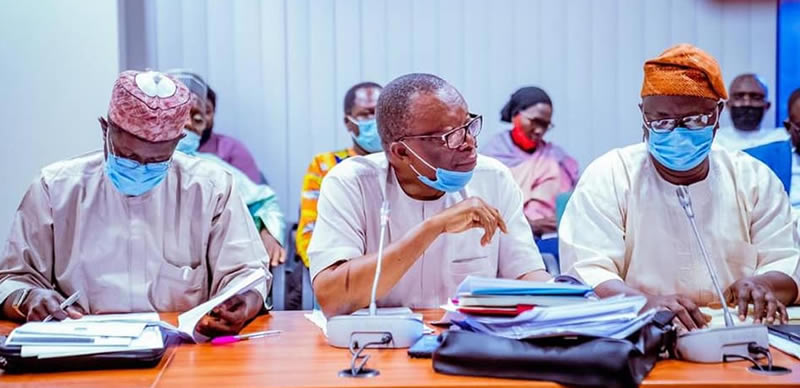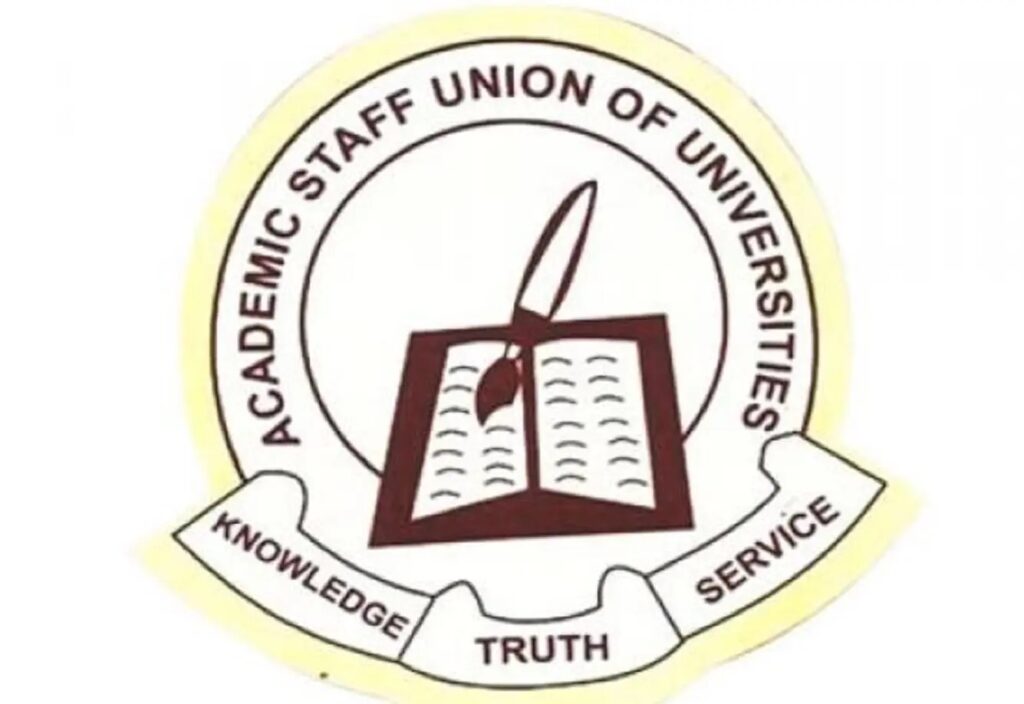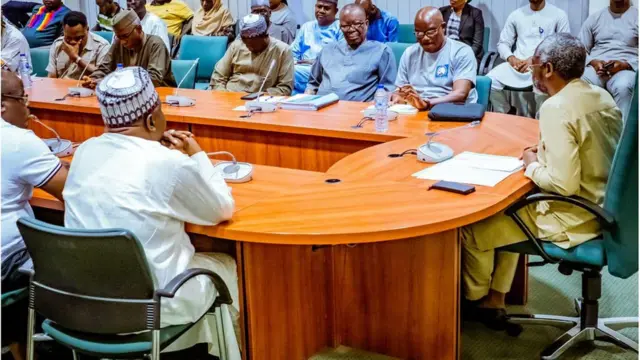The Federal Government (FG) has renewed assurances that it remains fully committed to concluding negotiations with the Academic Staff Union of Universities (ASUU) and other tertiary education unions. In a press briefing held in Abuja, the Minister of Education, Dr. Tunji Alausa, insisted that the administration is working tirelessly behind the scenes to deliver lasting solutions to longstanding grievances.
Dr Alausa urged all stakeholders to eschew strikes as their first recourse, emphasising that the current administration is determined to forestall further disruptions in university operations. He revealed that the Federal Government’s Tertiary Institutions Expanded Negotiation Committee—headed by Alhaji Yayale Ahmed—would soon receive ASUU’s counter-proposal, marking a critical stage in the dialogue process.
President Bola Ahmed Tinubu, he said, has directed that uninterrupted access to education be maintained, making clear that “our children must remain in school.” According to the minister, such high-level backing underscores the political will behind this renewed negotiation push.

Table of Contents
A Unified Negotiation Platform by FG and ASUU to Break Silos
One pivotal change in the approach taken by the current administration is the consolidation of prior disparate negotiating bodies. Dr. Alausa noted that previous governments often employed separate committees for universities, polytechnics, and colleges of education, a system he described as inefficient and prone to delay. In contrast, the newly inaugurated Expanded Committee now handles all tertiary education union matters under one umbrella, thereby opening the door to coordinated strategy and quicker outcomes.
During its inaugural meeting, the committee resolved to engage synoptically with both academic and non-academic unions. This cross-sectoral coverage, Dr. Alausa argued, would streamline communication, reduce duplication of efforts, and lead to a more holistic resolution of lingering disputes.
Alhaji Yayale Ahmed, as chair of the committee, has pledged to work both “continuously and expeditiously” to conclude agreements acceptable to all parties. The committee is also tasked with liaising with union leadership to schedule prompt follow-up sessions as negotiations progress.

Progress Already Made with ASUU — The Road Ahead
Beyond the commitments and structural reforms, the FG has also pointed to several substantive achievements already delivered to assuage union concerns. These include:
- Release of Earned Academic Allowances: An allocation of ₦50 billion has already been disbursed.
- Budgetary Provision for Institutional Revitalisation: The 2025 budget includes ₦150 billion earmarked for tertiary sector improvements, to be released in tranches.
- Arrears and Wage Awards: The government claims it has cleared promotion arrears and intends to settle outstanding wage awards by 2026.
- Teaching and Other Allowances: Efforts have been made to resolve disparities in related allowances.
- Condition of Service: Work is ongoing to finalise terms of service that reflect both fairness and fiscal sustainability.
Dr. Alausa implored union leaders to recognise the sincerity behind the government’s actions, affirming that the administration is “truthful, genuine, and committed” to resolving matters once and for all.
Significantly, for the first time in the history of ASUU negotiations, the Minister of Justice and the Solicitor-General are actively involved in the process, ensuring that agreed terms have legal soundness and enforceability.
Despite these advances, the minister warned against the premature invocation of industrial action. He appealed to union leadership to maintain dialogue momentum, stating that a strike should never be a default option while talks remain alive.

Challenges, Expectations, and Trust Building
While the administration’s renewed approach signals movement, the path to resolution is not without obstacles. Many of the issues raised by ASUU and other unions—such as funding shortfalls, welfare improvements, inadequate infrastructure, and backlogs in promotion and automation—date back over a decade. Dr Alausa acknowledged this history, noting that the Tinubu administration has inherited entrenched challenges but insists it possesses the political will to remediate them.
For this plan to succeed, trust must be rebuilt. The unions have, over years of stops and starts, become wary of assurances unfulfilled. The government’s insistence on legal oversight in drafting agreements may help strengthen credibility. But the real litmus test will be in delivery — in timely disbursements, transparent follow-through, and consistent implementation.
From the union side, patience and restraint will also be crucial. If talks stall or trust erodes, the temptation to resort to a strike could resurface. The education sector’s continuity depends on a delicate balance: government responsiveness matched by union cooperation.
In the coming days, the receipt and review of ASUU’s counter-proposal will mark a pivotal moment. Observers and stakeholders will be watching to see whether substantive concessions emerge, and whether both sides can converge on ground that secures the resumption of uninterrupted academic activity.
If the FG succeeds, it could signal a new era of industrial harmony in Nigeria’s tertiary education sector—one in which dialogue, not strikes, becomes the rule rather than the exception.
Join Our Social Media Channels:
WhatsApp: NaijaEyes
Facebook: NaijaEyes
Twitter: NaijaEyes
Instagram: NaijaEyes
TikTok: NaijaEyes
READ THE LATEST EDUCATION NEWS







































